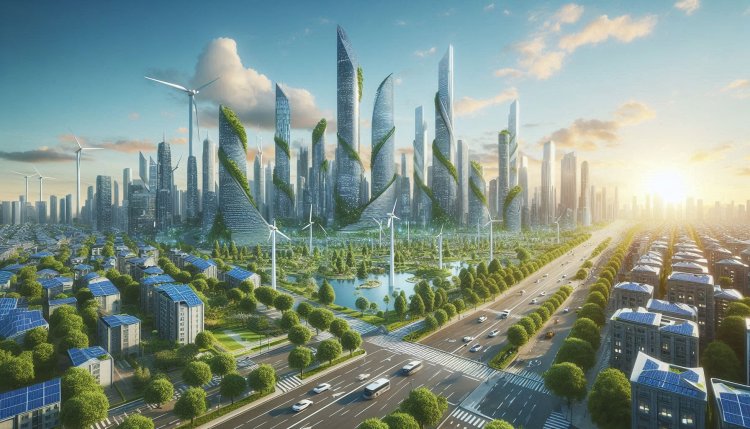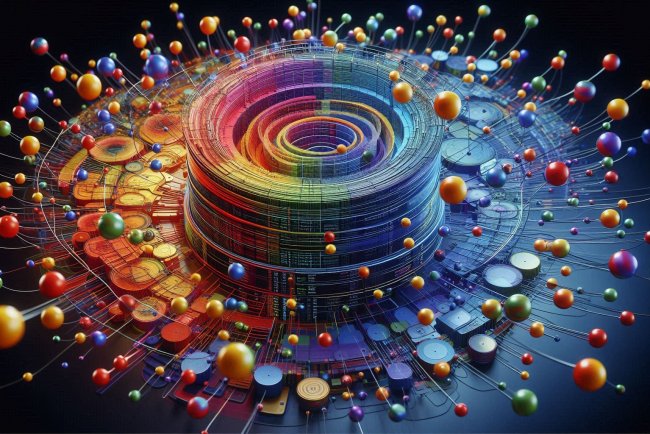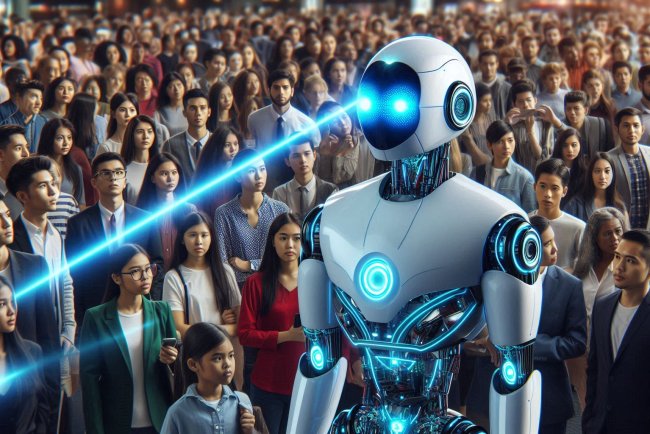AI sustainability: Environmental sustainability and AI technologies
AI sustainability explores the intersection of environmental sustainability and AI technologies, aiming to leverage AI for a greener future.

AI sustainability: Environmental sustainability and AI technologies
In recent years, there has been a growing interest in leveraging artificial intelligence (AI) technologies to address environmental sustainability challenges. AI has the potential to revolutionize the way we approach environmental issues and create a more sustainable future. This article explores the intersection of AI and environmental sustainability, highlighting how AI technologies can be used to tackle pressing environmental problems.
1. Monitoring and Prediction
AI technologies such as machine learning and data analytics can be used to monitor and predict environmental changes. For example, AI-powered sensors can collect data on air and water quality, biodiversity, and climate patterns in real-time. This data can then be analyzed to identify trends, predict future environmental changes, and inform decision-making processes.
2. Energy Efficiency
AI can play a significant role in improving energy efficiency and reducing carbon emissions. Smart energy management systems powered by AI can optimize energy consumption in buildings, transportation, and industrial processes. AI algorithms can analyze energy usage patterns and automatically adjust settings to minimize waste and maximize efficiency.
3. Sustainable Agriculture
AI technologies are being used in agriculture to promote sustainable practices and increase crop yields. AI-powered tools can analyze soil conditions, weather patterns, and crop data to provide personalized recommendations to farmers. These recommendations can help farmers optimize resource usage, reduce waste, and minimize environmental impact.
4. Wildlife Conservation
AI is also being deployed in wildlife conservation efforts to protect endangered species and habitats. AI-powered systems can analyze satellite imagery, track animal movements, and detect poaching activities in real-time. By leveraging AI technologies, conservationists can better understand and protect biodiversity around the world.
5. Waste Management
AI can revolutionize waste management processes by optimizing waste collection, recycling, and disposal. AI-powered systems can analyze data on waste generation, recycling rates, and landfill capacity to improve waste management practices. By implementing AI technologies, cities can reduce waste, increase recycling rates, and minimize environmental pollution.
6. Climate Change Mitigation
AI technologies are being used to develop innovative solutions for mitigating climate change. AI algorithms can analyze climate data, simulate complex climate models, and identify opportunities for reducing greenhouse gas emissions. By harnessing the power of AI, researchers and policymakers can develop effective strategies for combating climate change.
7. Sustainable Urban Planning
AI can support sustainable urban planning by optimizing city infrastructure and transportation systems. AI algorithms can analyze traffic patterns, public transportation usage, and urban development data to design more sustainable cities. By incorporating AI technologies into urban planning processes, cities can reduce congestion, improve air quality, and enhance overall livability.
8. Circular Economy
AI technologies can facilitate the transition to a circular economy by promoting resource efficiency and waste reduction. AI-powered systems can track and trace materials throughout their lifecycle, identify opportunities for reuse and recycling, and optimize supply chain operations. By embracing AI solutions, businesses can minimize waste generation and promote a more sustainable approach to production and consumption.
Conclusion
AI technologies have the potential to drive significant progress towards environmental sustainability. By harnessing the power of AI, we can monitor and predict environmental changes, improve energy efficiency, promote sustainable agriculture, protect wildlife, optimize waste management, mitigate climate change, support sustainable urban planning, and transition to a circular economy. As we continue to advance AI technologies, it is crucial to prioritize environmental sustainability and leverage AI innovations to create a more sustainable future for generations to come.
Overall, the integration of AI and environmental sustainability holds great promise for addressing global environmental challenges and creating a more sustainable world for all.
What's Your Reaction?

















